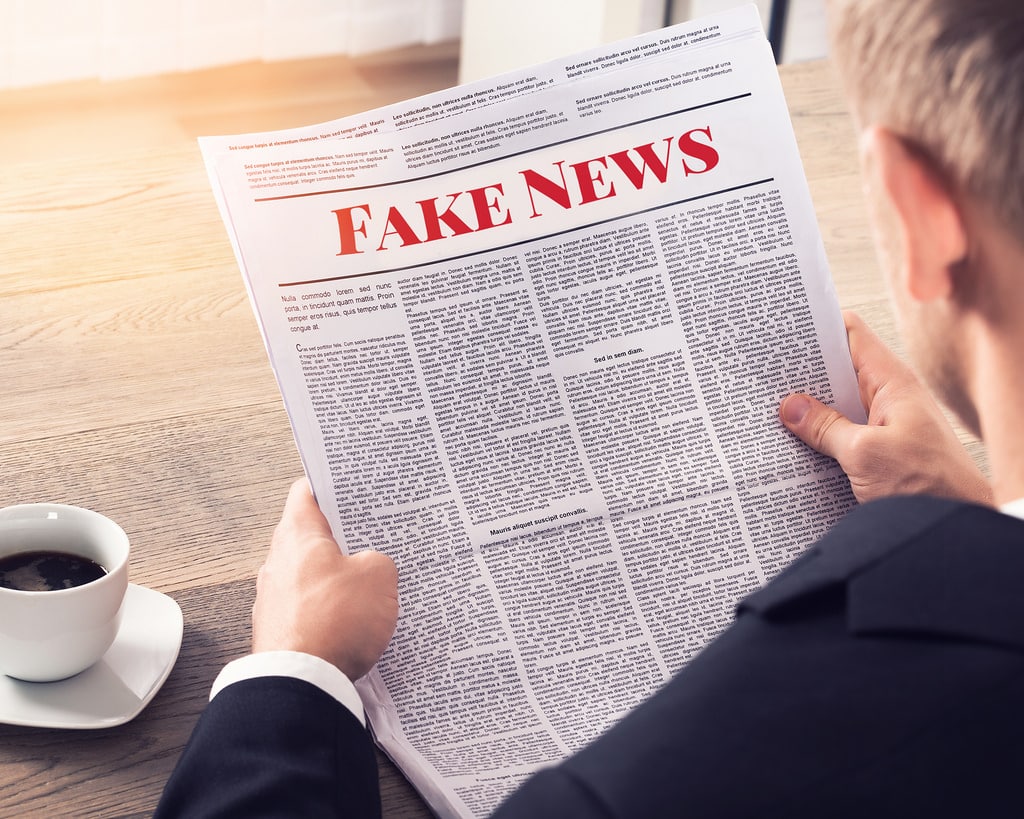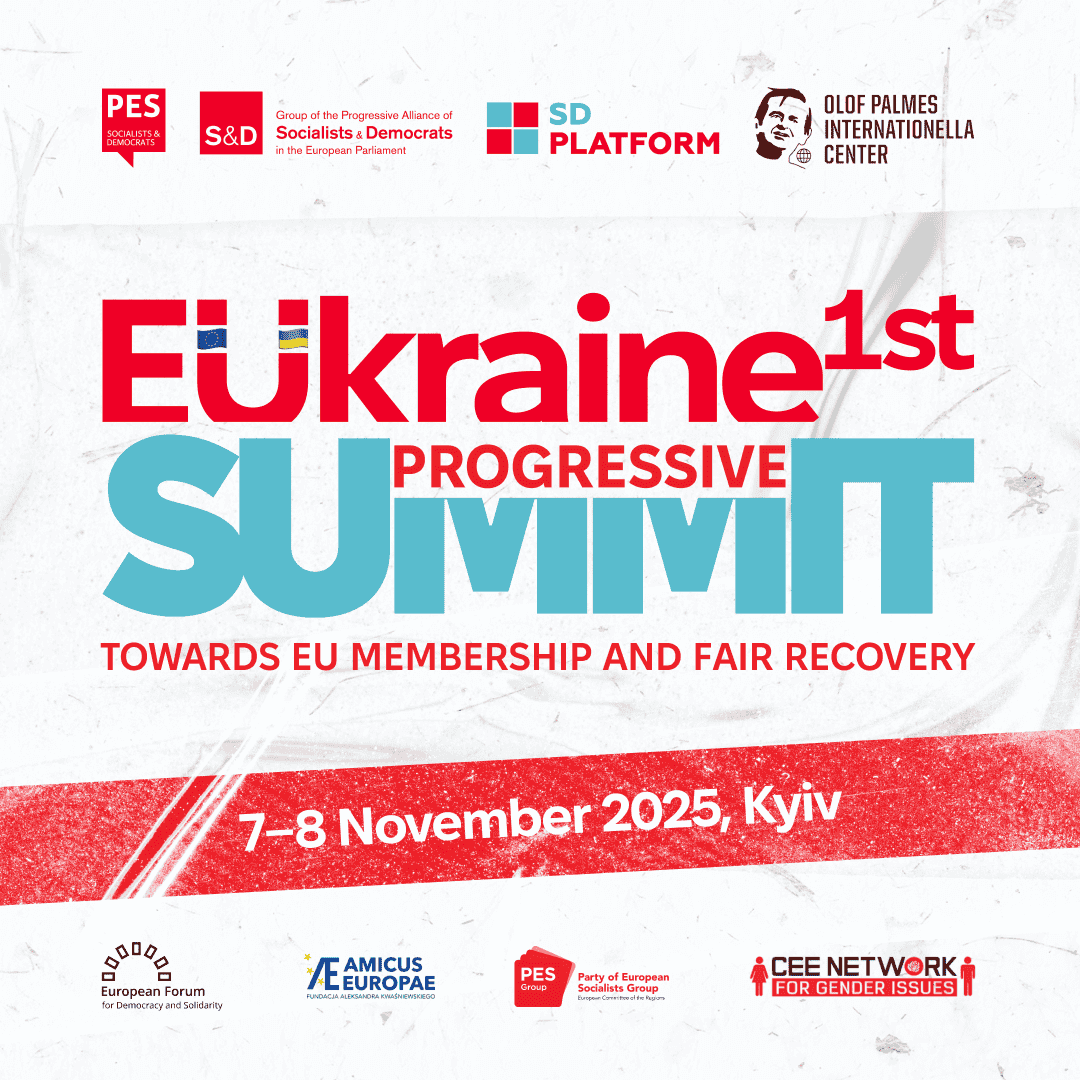Spreading false messages to influence their recipients is as old as the road to Rome. The communists, whose legacy is still present in Eastern Europe, liked it. But what are the typically Romanian sides of this phenomenon?
Yours truly fell off his chair years ago in Russia at the stories of participants at an AMS training [Alfred Mozer Foundation, predecessor of the FMS - ed..]. There was enthusiastic use of 'ciorny PR', the vilification of opponents by circulating fabrications about them. Daily practice since Lenin. Consequently, the general public throughout the former Eastern bloc has a healthy suspicion of what is printed.
In Romania, people love conspiracy theories. There is a whole collection of more or less well-visited websites that spin stories on all kinds of topics, from dangerous vaccinations to Jewish conspiracies. People who are already in a 'bubble', the hard core of visitors to such a site, find bite-sized confirmations of their ideas. The low level of education of many people in rural areas makes them theoretically more susceptible to fake news, as they have not learned to think critically enough. However, scientific evidence for this is hard to find in practice.
Fake news and politics
The reach of the well-known Russian propaganda channels, Russia Today and Sputnik, is less than you might expect on the periphery of Russia's sphere of influence. Romania, unlike neighbouring Moldova, is hardly Russia-oriented, and almost no Russian speakers live there either.
One risk factor, however, is the dominant presence of a political party, the PSD (Social Democratic Party), whose sympathisers control the biggest news channels and state TV. This party is also the subject of Trumpian rumours. Moreover, the media authority is a weak body, mostly concerned with internal bickering.
Foreign coverage of Romania is susceptible to influencers, though. Romanians try to use foreign media to their advantage in order to then sway articles in the respectable foreign press. A recent interview on the site Politico praised former Prime Minister Ponta as the Romanian Macron, when in reality there is almost no greater contrast imaginable between the two. Here still a from the same site, where easy scoring won out over rebuttal. Or this, and this, in which a known villain, son of another villain, pitied his extradition request in the British press.
All in all, there is no reason to panic, but every reason to be vigilant.
By Johan Bouman




